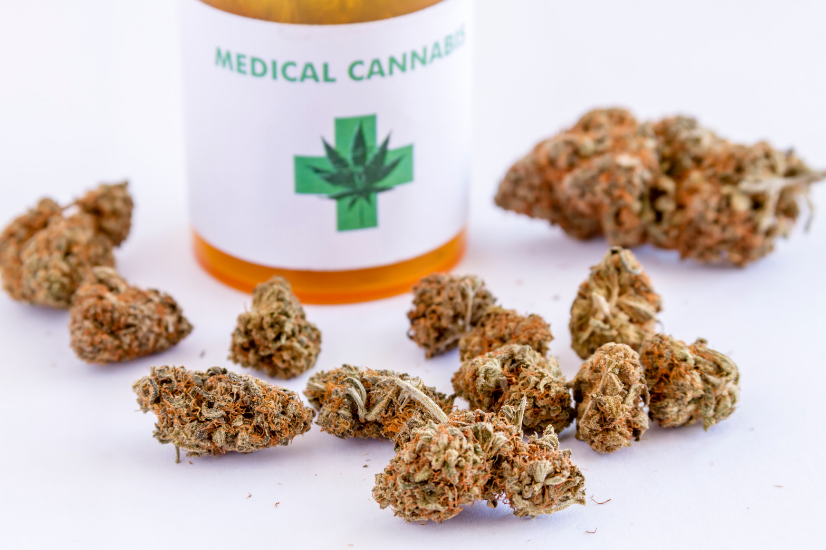Key Information for Medical Marijuana Patients at Home
- ARCannabisClinic
- Jul 14, 2023
- 2 min read
As a medical marijuana patient or potential patient, it's crucial to be aware of the rules and guidelines outlined by the Department of Health. This will enable you to access the medical cannabis program smoothly and within legal parameters.
Getting Started: Physician’s Recommendation

The first step in joining the medical marijuana program is obtaining a physician's recommendation. This comes from a qualified physician who conducts a physical examination and confirms your qualifying medical condition, such as chronic pain or severe nausea. It's important to note that not every health care provider is an approved physician for the medical marijuana program.
The Identification Card: Your Ticket In
Once you've obtained your physician's recommendation, the next step is applying for a medical marijuana ID card. This card is your ticket into the world of medical marijuana treatment centers and licensed dispensaries. For your application, you'll need to provide required information, including your contact information, current address, and email address. Most states, like Illinois, also require a state-issued photo ID as proof of residency.
Minor Patients and Caregivers
If the patient is a minor, a legal guardian or primary caregivers must apply on their behalf. Caregivers need their own medical cannabis registration cards and should be aware of new information and operational requirements for the caregiver medical marijuana use registry. Caregivers could be close relatives or non-close relatives; the latter require additional approvals.
The Registry and Dispensaries
The medical marijuana registry keeps a record of all medical cannabis patients, qualified physicians, and caregivers. Be sure to always keep your registry card and medical marijuana ID card on hand, especially when visiting medical marijuana treatment centers.
State-Specific Guidelines
Different states have different rules. For example, the Florida Department of Highway Safety and Motor Vehicles (FDHSMV) provides photo services for medical cannabis registration cards, taking HSMV photos. The California Department of Public Health has its own set of guidelines for the medical cannabis program, while New York's Department of Health is constantly updating their rules too.
Important Dates and Deadlines
Renewal applications for the ID card and registry card are crucial. Watch out for your card's expiration date and make sure you renew in time. Always stay updated on new applications and changes to the program, such as an emergency rule that may take effect.
Limitations and Legalities
Remember, insurance companies typically do not cover the cost of medical cannabis. Also, it's illegal to cross state lines with your medical cannabis, even if it's for medical purposes. Always comply with the laws to avoid complications.
How Can ARCannabisClinic Help?

Entering the world of medical marijuana for the first time can be overwhelming. That's why networks like ARCannabisClinic exist. They can provide additional assistance, guiding you through the patient portal, helping with the application process, and ensuring that you have all the necessary provider certifications.
Navigating the medical marijuana program doesn't have to be a daunting task. Stay informed, stay updated, and stay compliant for a hassle-free journey towards better health.


